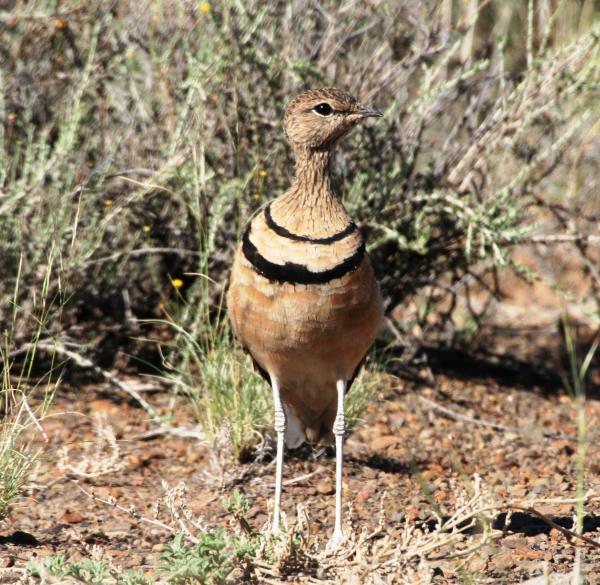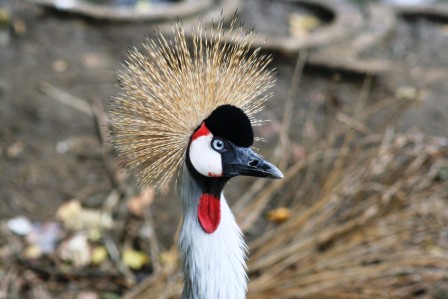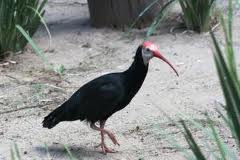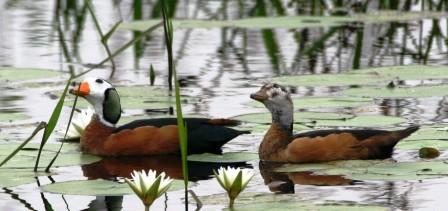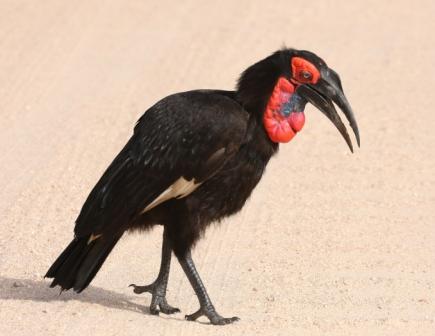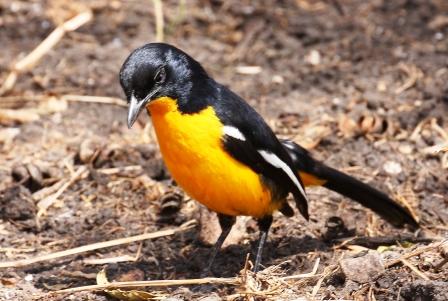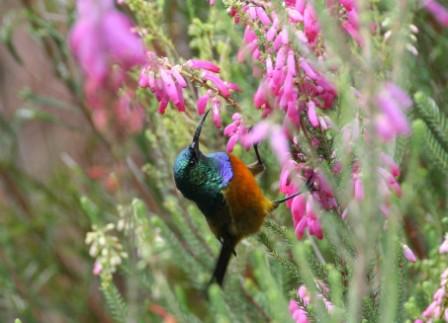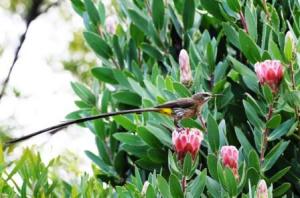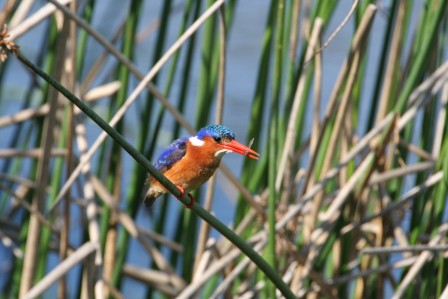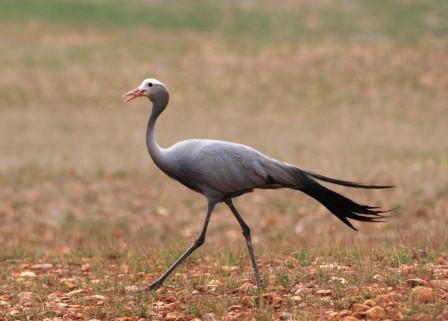|
|
JOIN OUR MAILING LIST |
|
Newsletter / Blog 2012-02-12 Aves bird of the week – Cape Parrot – Poicephalus robustus. The Cape Parrot - Poicephalus robustus – is endemic to South Africa. These parrots have a very restricted distributional range. It occurs in Afromontane forests at moderate altitudes in eastern South Africa from the coastal escarpment near sea-level to the midlands at around 1000m. These forests occur as a series of small patches around the south and east of South Africa and they include Yellowwood trees – Podocarpus latifolius, P. falcatus and P. henkelii – which these parrots use for feeding and breeding. Description Adults have dull olive/golden head and neck, scalloped with darker brown. The female has an orange/red band across the crown. The wings and back are dark green. They have a green rump and underparts, tinged with blue. Thighs are orange/red. The tail is black/brown, the eye dark brown with a grey eye ring. They have a horn-coloured bill. Call Loud, very vocal, including five distinct calls described as tzu-weee, zu-wee, zz-keek and a nasal zeek. Piercing series of screeches emitted in flight. Food The diet, of kernels from yellowwoods change seasonally as the parrots follow the fruiting pattern of the trees. These parrots are dependent on yellowwoods, and only use fruits of other trees when there are no yellowwood kernels. Breeding A solitary nester, in a cavity of yellowwood trees. Only one nest has been found that wasn't in a yellowwood. Breeding season year-round with a peak between August to February. Eggs are rounded, glossy white and between 2 to 5 are laid. The female incubates for 28 to 30 days. Both parents feed the young. Conservation Status – Critically Endangered Cape Parrots are "Critically Endangered" by habitat loss [Yellowwood logging], disease the fatal Psittacine beak and feather disease [PBFD], persecution [Shooting by Pecan nut Farmers] and illegal capture for the lucrative wild-caught bird trade. There are now less than 390 of these gentle, shy, beautiful parrots in the wild. The Cape Parrot Project is actively working to mitigate the extinction threats to this critically endangered South African endemic parrot. Hundreds of volunteers participate on the first weekend each May in the "Cape Parrot Big Birding Day" which is an annual count of the population throughout its distribution. Birdwatching See these beautiful parrots on the Aves Eastern Cape Birding Tour/Safari/Adventure or ask Aves Birding Tours to create a custom tour for you. |
| Back | Back to top |
 |  | Cape Town Tourism 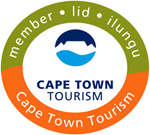 |
|||||||||||||

